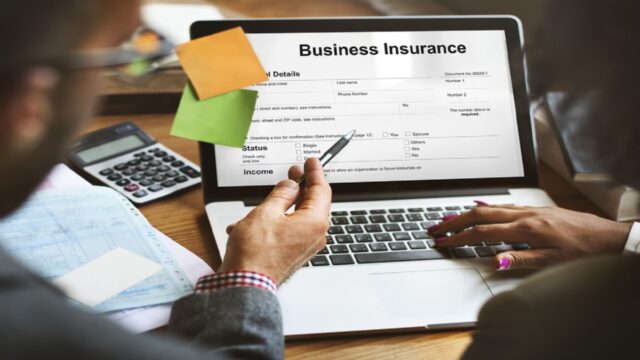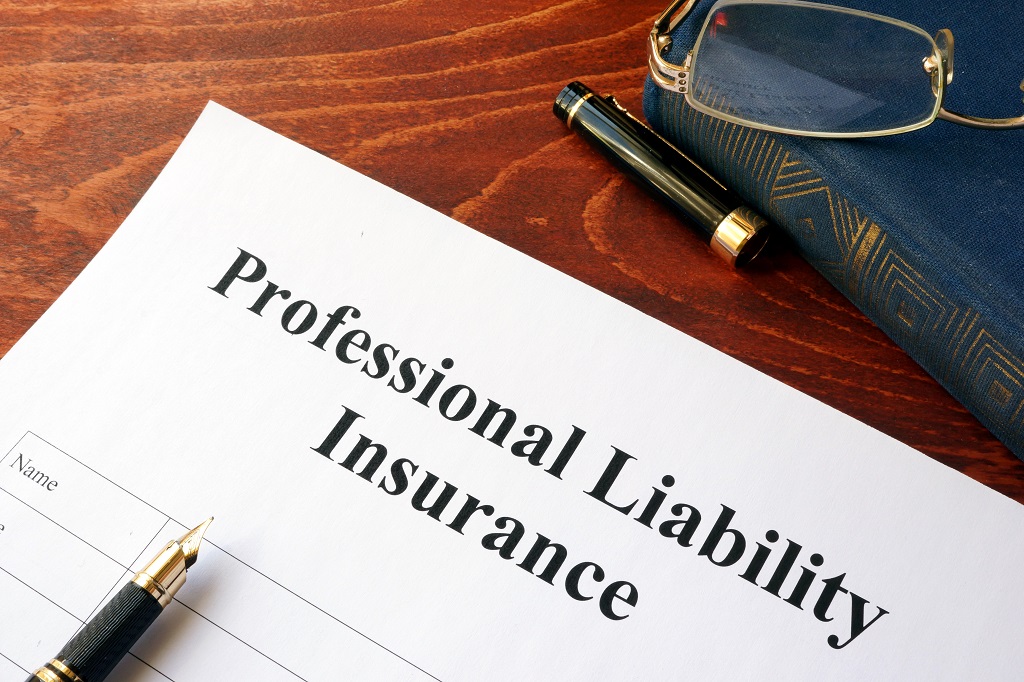
As a small business owner, you work hard to build and grow your company. However, no matter how meticulously you plan and execute your operations, there is always a level of risk involved.
This is where liability insurance comes into play. It is essential for small businesses to protect themselves from potential lawsuits and financial losses that could arise from unforeseen circumstances.
From customer injuries on your premises to claims of negligence or copyright infringement, liability insurance can provide peace of mind and financial security. But when exactly does your small business need liability insurance? Let’s delve into the factors that determine whether your business could benefit from this crucial coverage.
Understanding Liability Insurance for Small Businesses

Understanding liability insurance for small businesses is essential for protecting your company from potential financial losses due to lawsuits or claims of negligence. Liability insurance provides coverage for bodily injury, property damage, product liability, and advertising injury.
It can help cover legal defense fees, settlements, and judgments, giving you peace of mind knowing your business is protected. Knowing when your small business needs liability insurance is crucial to avoid financial devastation in case of a lawsuit or claim.
Consult with insurance professionals to evaluate your specific business risks and determine the right coverage for your needs.
Recognizing the Risks: When Does Your Small Business Need Liability Insurance?
As a small business owner, it is essential to recognize the potential risks that could impact your company. Liability insurance is a crucial investment to consider when evaluating the vulnerabilities of your business.
It provides protection in the event of lawsuits, property damage, or bodily injury that may occur on your premises or as a result of your products or services. Understanding when your small business needs liability insurance requires a thoughtful assessment of various factors such as the nature of your business, the industry you operate in, and the level of risk exposure.
Whether you’re a sole proprietor or have a team of employees, having liability insurance can offer peace of mind and financial security in the face of unforeseen circumstances.
Assessing Your Business’s Liability Exposure

Assessing your business’s liability exposure is a critical step in determining whether or not you need liability insurance. Start by evaluating the potential risks that your business faces, such as accidents, property damage, or lawsuits. Consider the nature of your industry, the size of your business, and the types of products or services you offer.
Next, assess the likelihood of these risks occurring and the potential impact they could have on your business financially. It’s also important to review any contracts or agreements you have with clients or vendors that may require you to carry liability insurance.
By carefully evaluating your business liability exposure, you can make an informed decision about whether or not to invest in this type of coverage to protect your assets and reputation.
Conclusion

In conclusion, liability insurance is a crucial asset for small businesses, providing protection against unexpected accidents, lawsuits, and financial risks. It is important for small business owners to assess their unique risks and determine when daycare liability insurance is necessary. Whether a business operates in the medical, legal, construction, or daycare industry, having the right coverage can safeguard both the business owner and employees.
By investing in liability insurance, small businesses can ensure their long-term success and financial security. So, it is wise for small businesses, including daycare centers, to consider obtaining liability insurance to mitigate potential risks and protect their assets.



